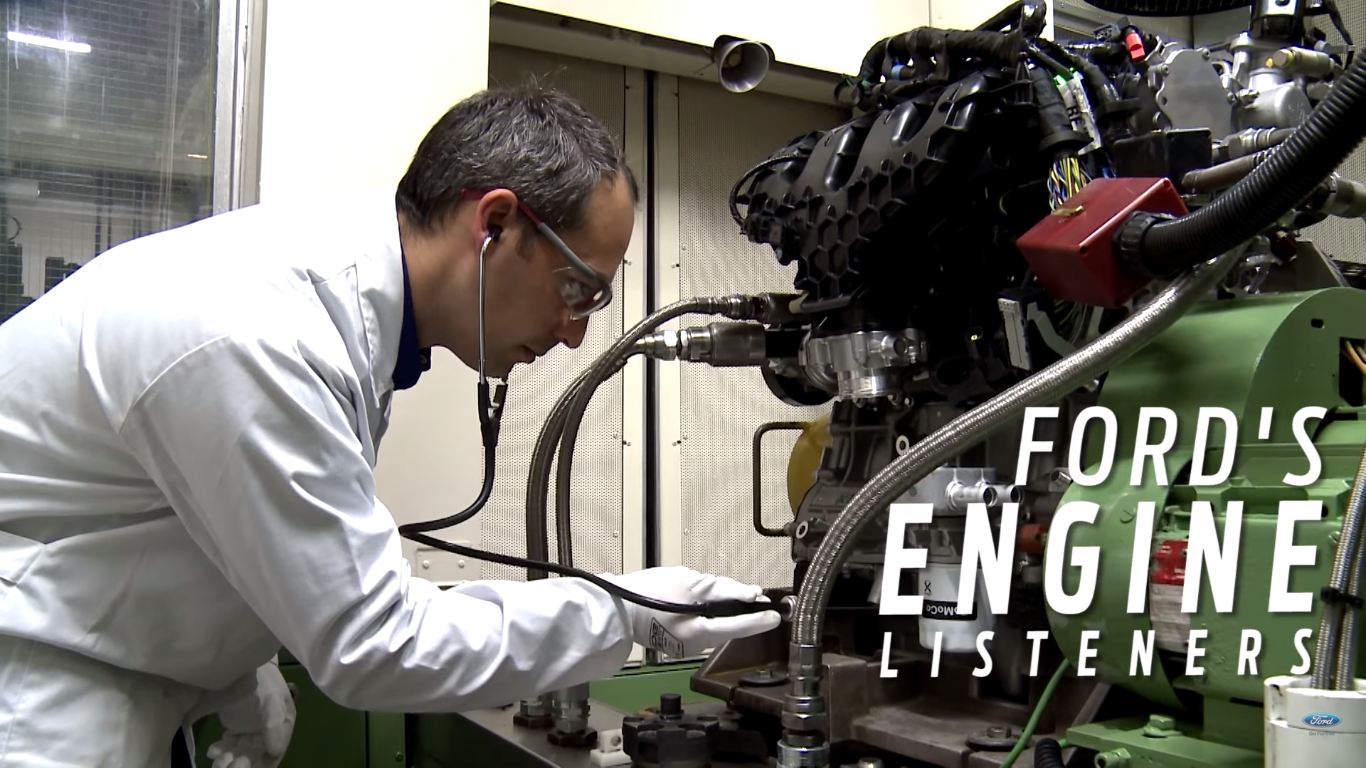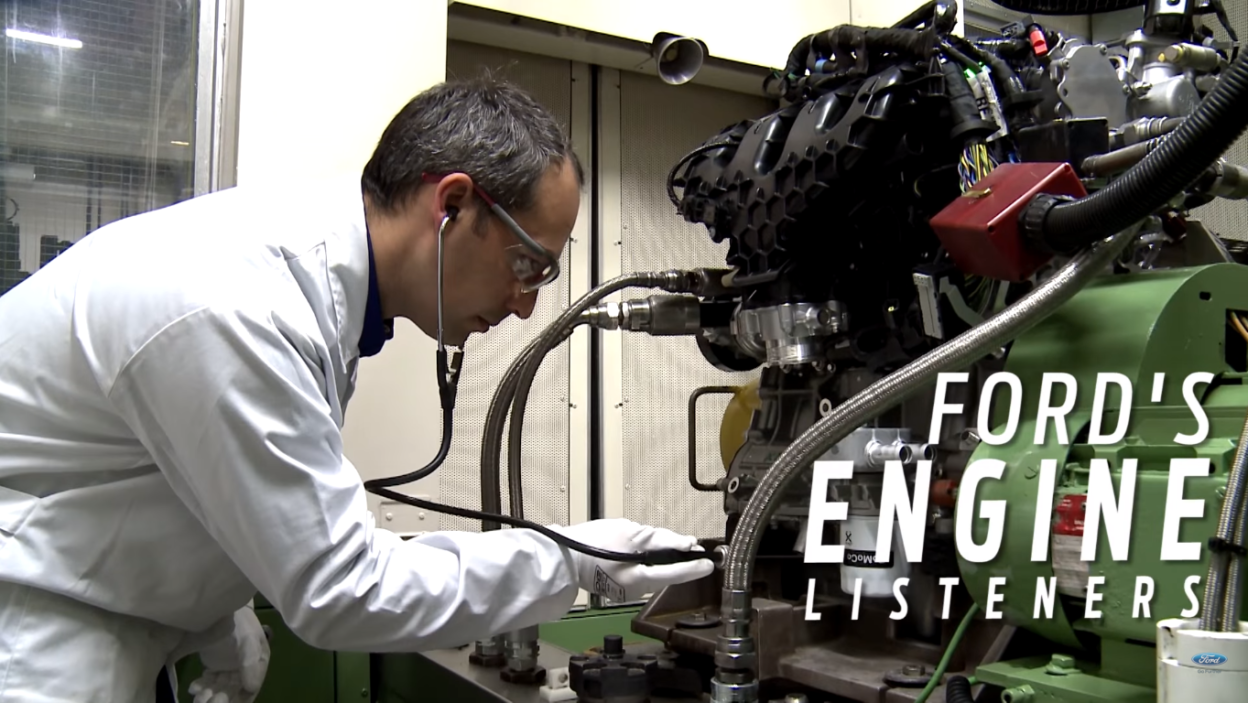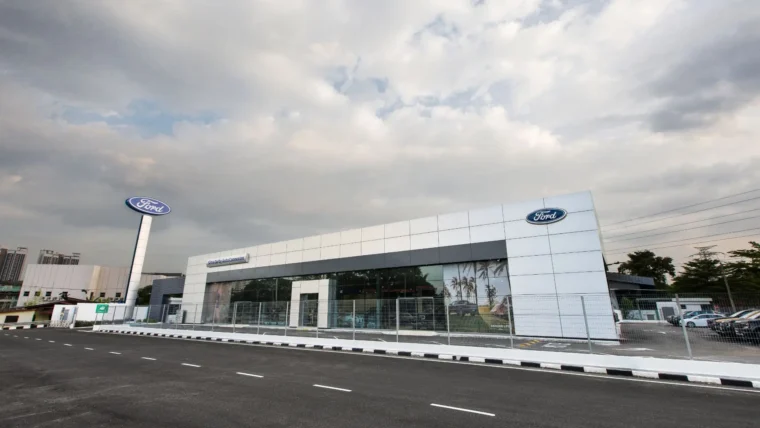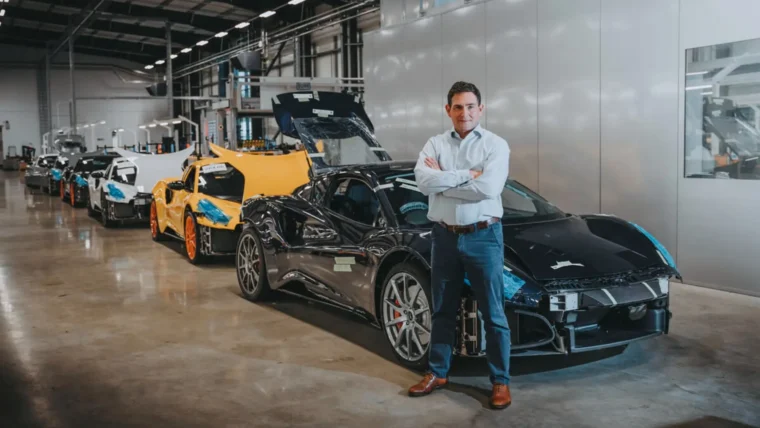
Robots may be able to mass produce a car with great efficiency, but where the robots lack, is a human touch. For that, Ford has employed specially-trained engine listeners to inspect each and every 350 PS 2.3-litre Ford EcoBoost engine that goes into the Focus RS.

“This team knows what a perfectly calibrated engine sounds like and they know the tiny sounds to listen for in case there is a problem,” said Gunnar Herrmann, vice president, Quality, Ford of Europe. “Think of it like a doctor who has the most advanced diagnostic technology but still uses a stethoscope to gather vital clues to a patient’s health.”

These highly-trained production workers conduct an auditory test that confirms the perfect running of the engine, in advance of it being fitted to the completed Focus RS cars.

At Ford’s manufacturing facility In Valencia, Spain, they are taught to identify defects using specially prepared faulty engines that highlight the sound that they need to listen for. After months of training and coaching, team members are qualified to conduct the intensive one‑minute tests in one of 18 sound-proofed cells at the end of the production line.

Should the engineers hear any rattling or whistling sounds typically associated with issues, such as a blocked lubrication passage or a damaged gear tooth, the engine is removed so that further checks can be carried out, and the problem addressed. In this way the quality of the manufacturing process also can be continuously improved.
“The experience of hearing thousands of engines allows us to sense straight away when something is not working perfectly,” said Juan Carlos Rosmari, quality technician, Valencia Engine Plant. “Each different engine type has its own unique sound, and from listening to them in the test cells we get to know their individual characters – and the tell-tale signs which indicate a problem.”
Other posts by AF Newsdesk







